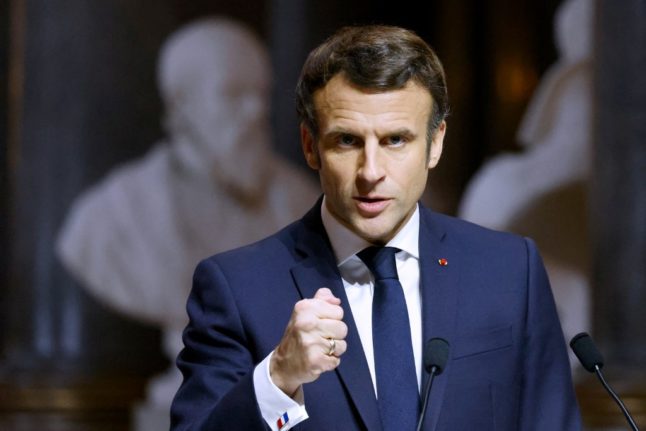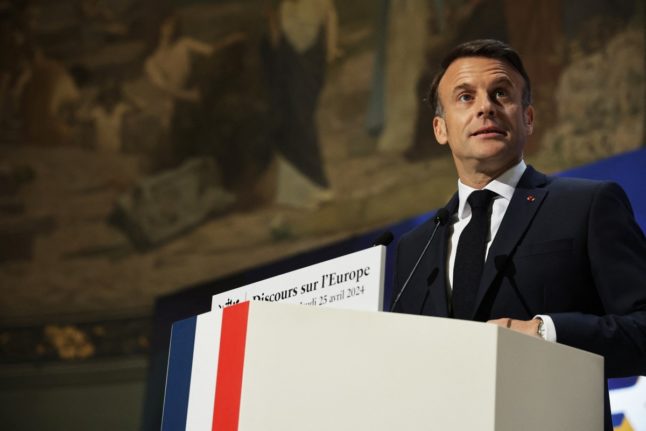“Europe and also Africa will be very deeply destabilised as regards food because of what can’t be planted right now in Ukraine,” Macron told reporters after an EU leaders’ meeting at Versailles Palace outside Paris.
“We will have to prepare for that and re-evaluate our production strategies to defend our food sovereignty… but also to be able to define a strategy concerning Africa,” he added.
Without it, he warned, “several African countries will be affected by famines within 12 to 18 months precisely because of the war.”
The French leader added that still more economic punishment would be piled on Russia if it continues its invasion of its neighbour.
“If things continue in the military way… we will take further sanctions, including massive sanctions,” he said, trailing a G7 statement on potential further measures “in a few hours”.
“All options are on the table,” he added, after EU nations have held off in the first weeks of the conflict from cutting off crucial oil and gas imports from major supplier Russia.



 Please whitelist us to continue reading.
Please whitelist us to continue reading.
Member comments